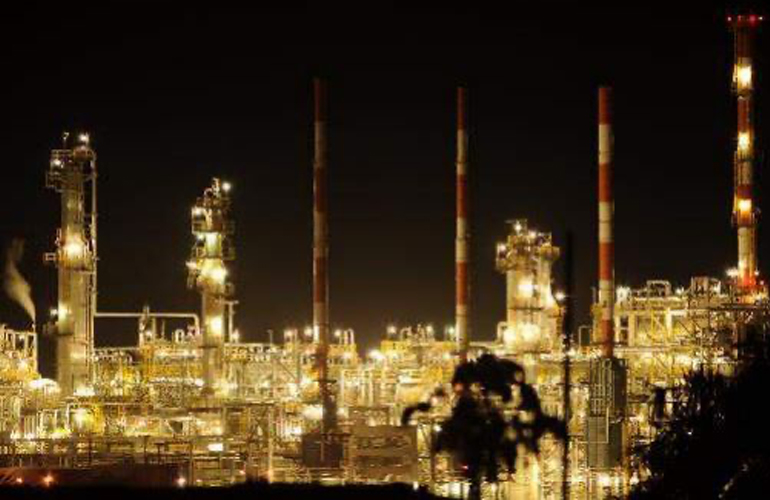US-headed global industrial technologies, processes, and performance materials major Honeywell International Inc (Honeywell) has announced that it has been selected by Ecopetrol S.A. (Ecopetrol), an integrated oil and gas company (O&G) in Bogotá, Colombia, to develop a pre-FEED engineering study for a Honeywell "Advanced Solvent Carbon Capture" (ASCC) modular demonstration unit. This will be used to evaluate carbon dioxide (CO2) capture from Ecopetrol Fluid Catalytic Cracking (FCC) units.
Please reload the page
Do you want to read the whole article?
- Six editions per year
- Full access to all digital content
- The E-magazine Bioenergy international
- And more ...
Ecopetrol is the first company in the O&G industry in Latin America to set the goal of achieving net-zero carbon emissions by 2050 for scopes 1 and 2.
By 2030 Ecopetrol seeks to reduce scope 1 and 2 emissions by 25 percent as compared to 2019.
FCC units are key conversion process units within refineries that enable the production of gasoline and propylene but are also significant sources of carbon dioxide (CO2) emissions.
According to a 2021 Wood Mackenzie report “Refinery emissions: implications of carbon tax and mitigation options“, FCC units account for 15-20 percent of overall emissions in a typical FCC-based refinery, including Ecopetrol´s refineries while the global refining industry produces an estimated 3 percent of all CO2 emissions.
Target post-combustion flue gas
Honeywell UOP’s ASCC technology has been designed to capture CO2 from post-combustion flue gases, which are more challenging to treat due to the low CO2 concentration and low pressure inherent in these sources.
In the ASCC process, CO2 is absorbed into an amine solvent and then sent to a stripper where CO2 is separated from the solvent and then transported to be utilized or stored geologically.
Honeywell’s Advanced Solvent Carbon Capture technology is specifically designed for post-combustion flue gas applications, enabling greater than 95 percent CO2 capture.
This technology can be retrofitted within existing plants or included as part of a new installation.
Design demo unit
The design target of the demonstration unit is to capture 30 tonnes of CO2 per day from Ecopetrol FCC flue gas.
If implemented, the demonstration unit will provide valuable information into the performance of this technology in reducing FCC emissions, with learnings that can be used to inform the deployment of commercial-scale units in FCC service.
The use of Honeywell’s Advanced Solvent Carbon Capture technology can effectively reduce Ecopetrol’s environmental impact by helping to prevent CO2 emissions from entering the atmosphere. Honeywell’s ready-now ASCC technology produces high-purity, storable carbon dioxide and can help companies worldwide meet their carbon reduction goals, said Barry Glickman, VP, and General Manager of Honeywell Sustainable Technology Solutions.
Proven carbon capture technologies
Today, 15 million tonnes per year of CO2 is being captured and used in storage/utilization applications through Honeywell’s CO2 Solutions process expertise.
Current Honeywell customers have the capacity to capture 40 million tonnes of CO2 per year through installed projects worldwide that utilize Honeywell CO2 technology.
The company is committed to achieving carbon neutrality in its operations and facilities by 2035. It builds on the company’s track record of sharply reducing the greenhouse gas (GHG) intensity of its operations and facilities, as well as its decades-long history of innovation to help its customers meet their environmental and social goals.
About 60 percent of Honeywell’s new product introduction research and development investment is directed toward products that improve environmental and social outcomes for customers.



